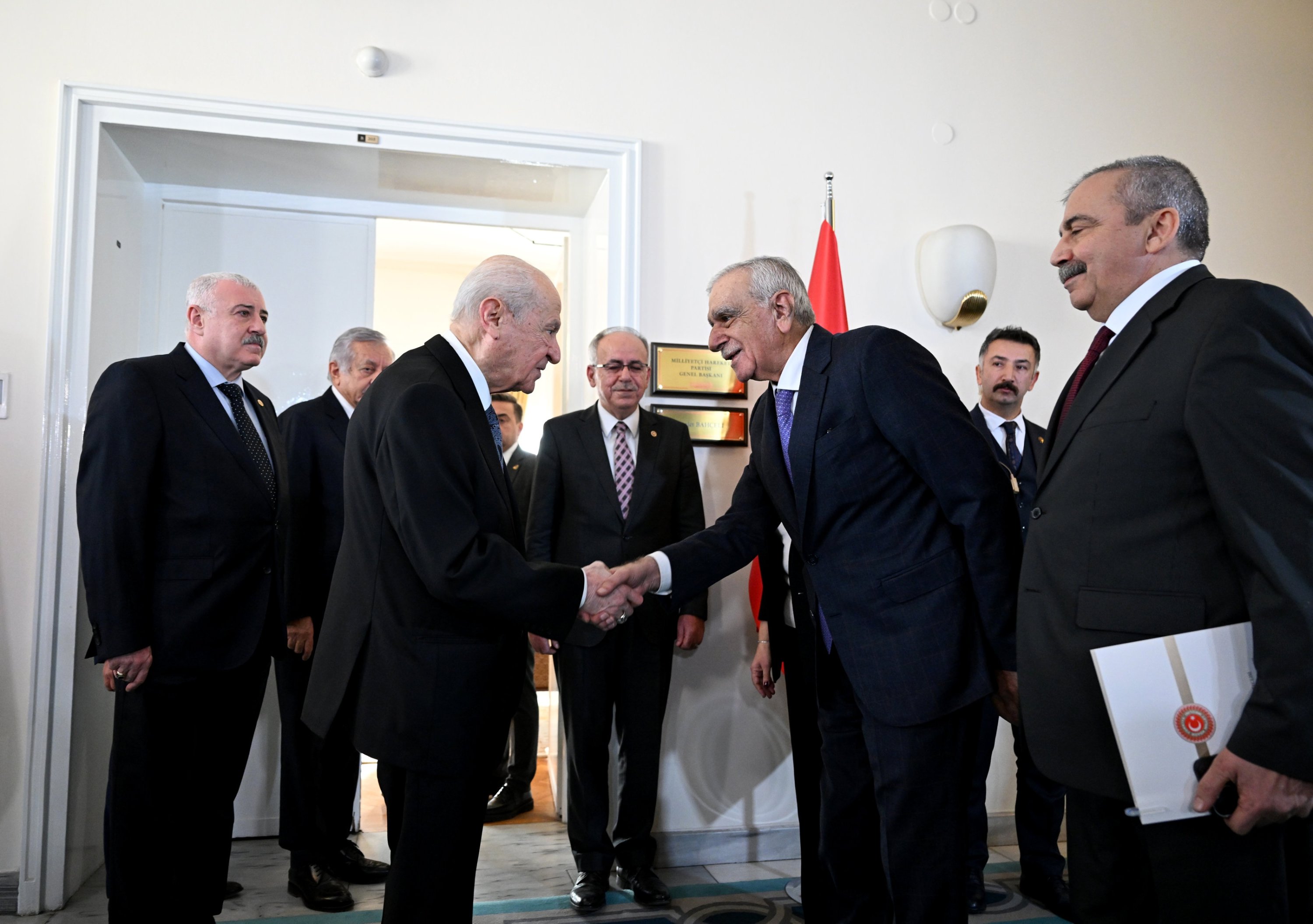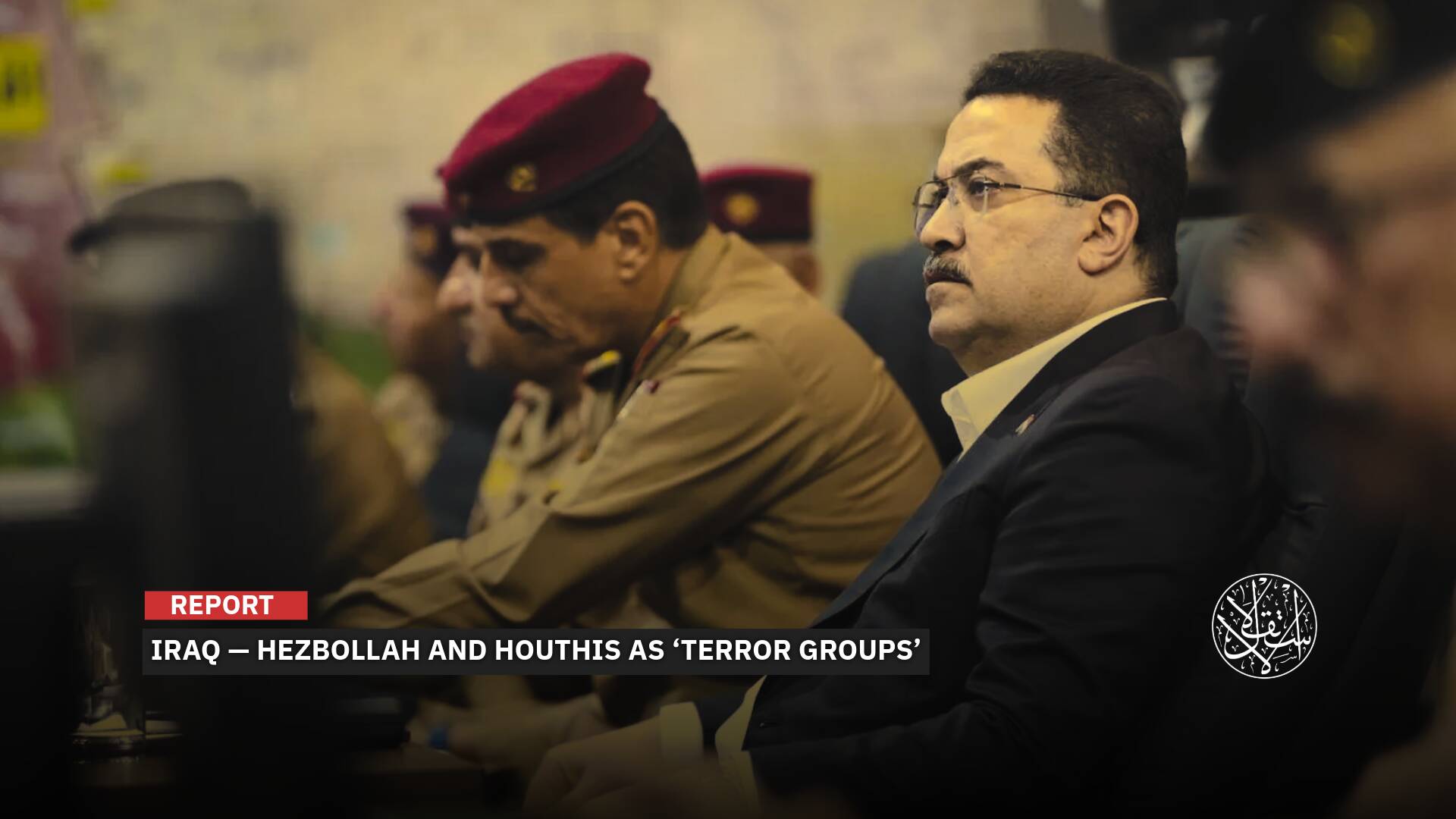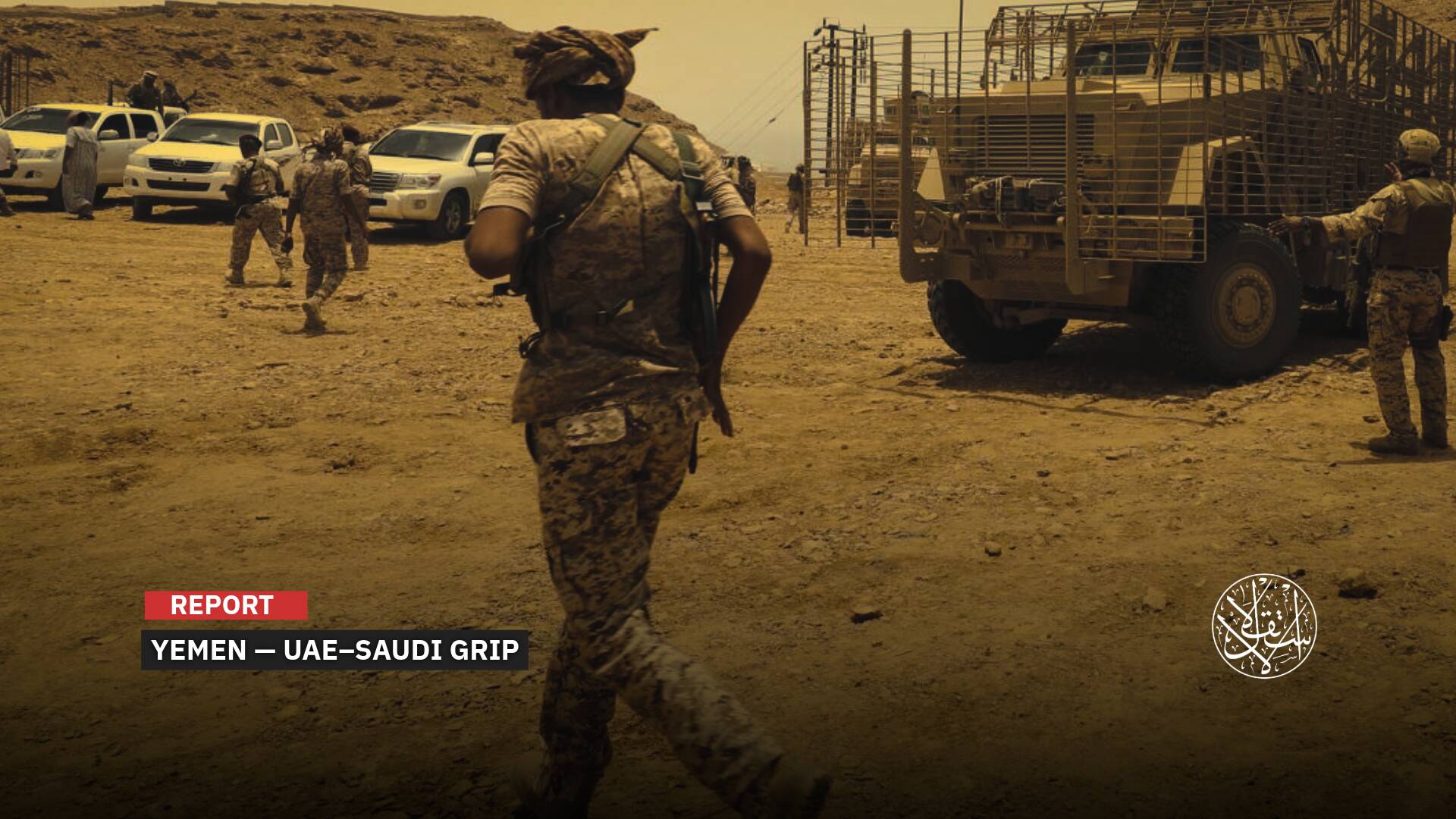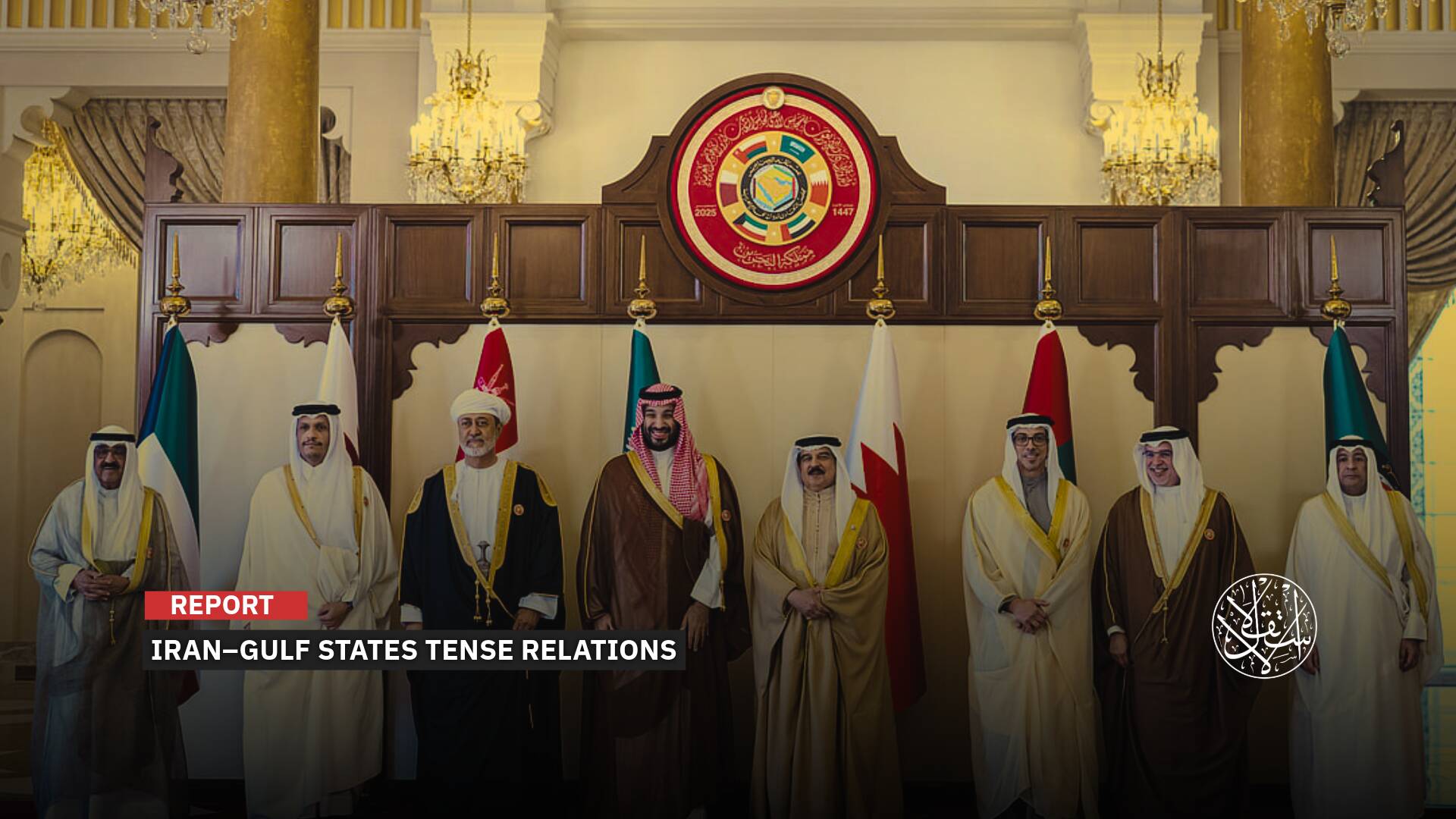Will Turkiye Succeed in Reaching a Historic Reconciliation with the Kurds?

“The Kurdish-Turkish conflict has killed more than 40,000 people and caused deep political divisions.”
In October 2024, Turkish President Recep Tayyip Erdogan's ally and leader of the Nationalist Movement Party (MHP), Devlet Bahceli, surprised everyone by proposing to grant Abdullah Ocalan, the founding member of the Kurdistan Workers' Party (PKK), parole if he renounced violence and dissolved the organization.
Several weeks later, Bahceli made his proposal to end the 40-year conflict with Kurdish militants by proposing that the Peoples' Democratic Party (HDP) (now DEM) hold direct talks with Ocalan.
One day after Bahceli's unprecedented display, Turkish authorities ended Ocalan's 43-month isolation in prison, and he was granted his first visit.
In response to the visit, Ocalan said he could turn the process from violence to politics.
But on the same day, two PKK militants attacked a state-owned aircraft manufacturing company near the Turkish capital Ankara, killing five people and wounding 22.
The PKK claimed the attack had nothing to do with the latest initiative and had been planned for a long time.
However, Turkiye responded by launching airstrikes outside its borders against PKK strongholds in neighboring Syria and Iraq.
These strikes could have nipped the potential peace process, but they had no impact on it.
However, talks on a permanent settlement took a different turn a few days later, when Turkish authorities replaced the mayors of three pro-Kurdish cities in the southeast of the country over suspected PKK ties, a move that drew criticism.
Peace Process
Turkish-Kurdish talks aimed at ending the 40-year-old armed conflict have raised hopes for peace, especially given the fragile situation of Kurdish armed forces in Syria.
Turkiye’s desire to resolve the Kurdish issue stems from several factors, including the need to strengthen national unity and internal stability, and reduce tensions in the southeastern regions.
It also seeks to strengthen the economy by integrating Kurds into the political and social process, as well as to open new horizons for cooperation with the international community.
In late December, DEM officials met with Abdullah Ocalan. The pro-Kurdish party subsequently held talks with other parties, including the ruling Justice and Development Party (AKP), to discuss Ocalan’s proposal. Both sides described the talks as positive.
Ocalan, 75, has reportedly expressed his readiness to call on his organization to lay down its arms as part of a peace process that would end the insurgency the party has waged against the Turkish state since 1984, considering strengthening Kurdish-Turkish brotherhood a historic responsibility.
“We expect the process to take shape and a clear roadmap to be determined to establish the legal framework in the second meeting with Ocalan,” DEM Party parliamentary group deputy chair Gulistan Kilic Kocyigit told Reuters.
The initiative has received mixed reactions in Turkish political circles, especially within the opposition, which is divided between supporters and opponents.
On his part, President Erdogan expressed his full support for the courageous proposal of his nationalist ally, considering it a historic opportunity at this time.
AKP MP said that the atmosphere may allow the PKK to lay down its arms by February.
In turn, the head of the Good Party considered Bahceli's recent call to be an attempt to achieve broader political goals, which are to draft a new constitution that would allow Erdogan to run for president again.
In order for the ruling coalition to pass constitutional amendments that would allow Erdogan to run again, it must obtain the support of the Kurdish Democrats.
The constitutional change can be put to a referendum if 360 deputies in the 600-seat parliament support it. The ruling coalition has 321 seats, while the Kurdish Democrats has 57 seats.

Previous Failures
The Kurdistan Workers' Party (PKK) was founded on November 27, 1978 with the aim of establishing an independent Kurdish state that includes Kurdish-majority areas in Turkiye, Syria, Iraq and Iran.
This ambition clashed with the policies of the Turkish governments that denied the existence of an independent Kurdish national identity, considering the Kurds as part of the Turkish nation.
In 1984, the party launched its first military operation in the Arwa district of Sirte Governorate, followed by other large-scale operations in governorates such as Hakkari.
On February 15, 1999, the Turkish authorities arrested Ocalan in Nairobi, capital of Kenya, and he was transferred to Turkiye, where he was sentenced to death, before the sentence was reduced to life imprisonment.
The 40-year-old armed Kurdish-Turkish conflict has claimed more than 40,000 lives, hampered development in Turkiye’s mainly Kurdish southeast and caused deep political divisions.
The Turkish state had previously begun peace talks with Ocalan and the PKK in 2012. The process continued with a three-year ceasefire, but collapsed in July 2015, leading to an escalation of violence and the deaths of thousands on both sides.
Turkish public opinion does not appear to support a deal with the PKK that would eventually lead to Ocalan’s release.
A recent poll by the Ankara-based Institute of Social Studies found that nearly 75% of respondents opposed Ocalan’s speech in the Turkish parliament.
In southeast Turkiye, too, Kurds are skeptical about the prospects for the peace process after previous failures.
A recent poll by the Diyarbakir-based SAMER Center for Political and Societal Researches found that 27% of respondents expected Ocalan’s call to end the conflict to lead to a peace process.
In other news, Ankara has signaled its willingness to address the Kurdish issue, announcing a $14 billion development plan aimed at narrowing the economic gap between southeastern Turkiye and the rest of the region.

Turkish Influence
It is worth noting that the dynamics of the Turkish-Kurdish peace process have changed dramatically since the ouster of the Assad regime, leaving the armed Syrian Kurdish factions in a weaker position against Syria’s new leaders who have friendly relations with Ankara.
Turkiye, in turn, has warned that it may launch a cross-border military offensive in northern Syria against the Kurdish People's Protection Units (YPG) to impose a new reality that serves its interests unless the groups are fundamentally disbanded.
Turkiye considers the YPG, the armed group that leads the Syrian Democratic Forces (SDF), an extension of the PKK, which Ankara classifies as a terrorist organization. But the YPG is also an ally of the United States in the fight against ISIS, which further complicates the issue.
Turkish Foreign Minister Hakan Fidan revealed the details of the plan, saying: “The YPG will lay down its arms, and its foreign fighters and senior leaders will leave Syrian territory. They must submit to the political system in the new Syria or they will be eliminated.”
Although the United States, which protects and supplies weapons to the Syrian Kurdish groups, objected to this plan, US President-elect Donald Trump implicitly acknowledged Turkiye's influence in Syria and supported this course of action.
As a result, the commander of the US-backed SDF, Mazloum Abdi, suggested that foreign fighters, including those belonging to the PKK, leave Syria as part of an agreement with Turkiye to avoid further conflict in the country.
Responding to these developments, DEM Party parliamentary group deputy chair Gulistan Kilic Kocyigit said: “You cannot point weapons at the Kurds in Syria and talk about peace in Turkiye.”
“The Kurdish issue is a complex issue and should not only be addressed within the framework of Turkiye’s internal factors but also within its international dimensions,” she added.

In turn, the writer and researcher on Turkish affairs, Said Elhaj, confirmed that “there are many internal and external factors that enhance the chances of success of the new political path to resolve the Kurdish issue in Turkiye.”
He added in a statement to Al-Estiklal that “Turkiye today is stronger internally and has more influence externally, and is in a better position before the new US administration, especially after the fall of the Assad regime in Syria, in addition to its success in combating the PKK in Iraq and Syria.”
“I expect Abdullah Ocalan to call on his PKK organization to give up its weapons, but it is not known what constitutional amendments he will demand in return, nor is it known how Ankara will respond to those demands,” he said.
Mr. Elhaj concluded that what happened in Syria put Ankara in a better negotiating position, which it will seek to exploit to put a final end to what it sees as a Kurdish threat in neighboring Syria.
Sources
- Efforts to end Kurdish militant conflict in Turkey face Syria test
- Ocalan: PKK chief held in solitary on Turkish prison island
- Jailed PKK leader says 'ready' to support Turkey peace drive
- Erdogan ally makes offer to jailed PKK leader Ocalan to end conflict
- Winds of Change: Ankara’s Subtle Shifts Towards Reconciliation with Kurdish Elements in Turkey [Analysis]










